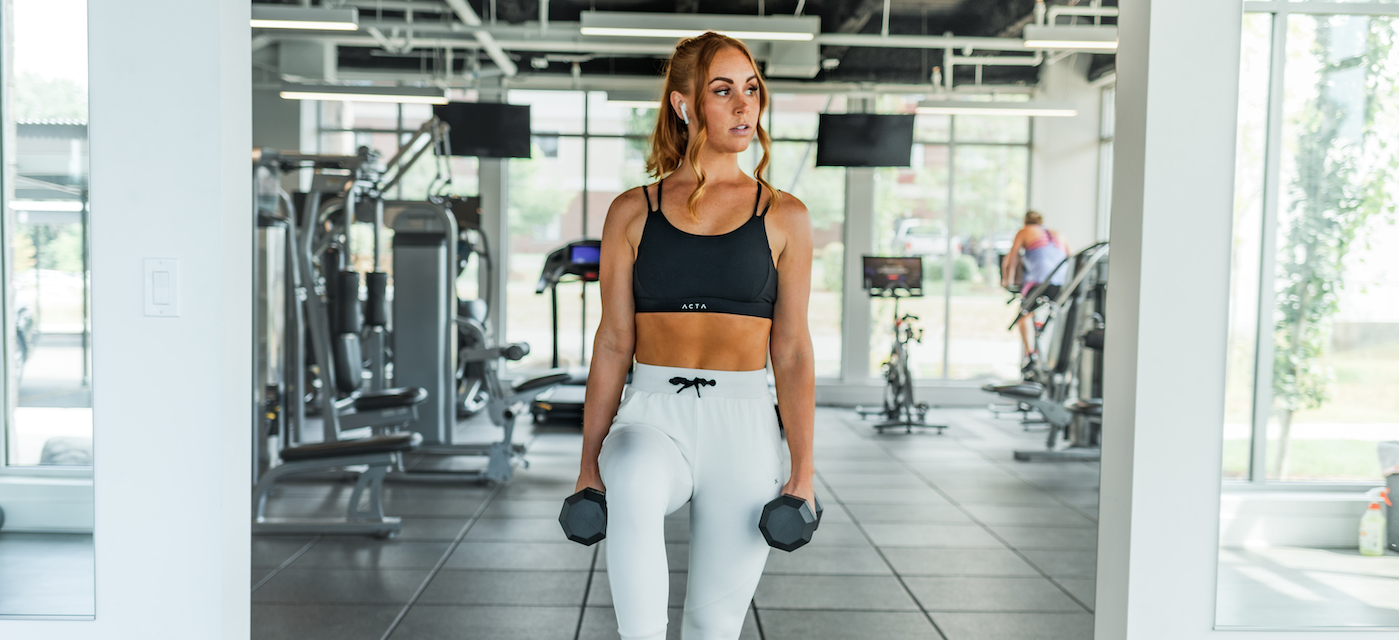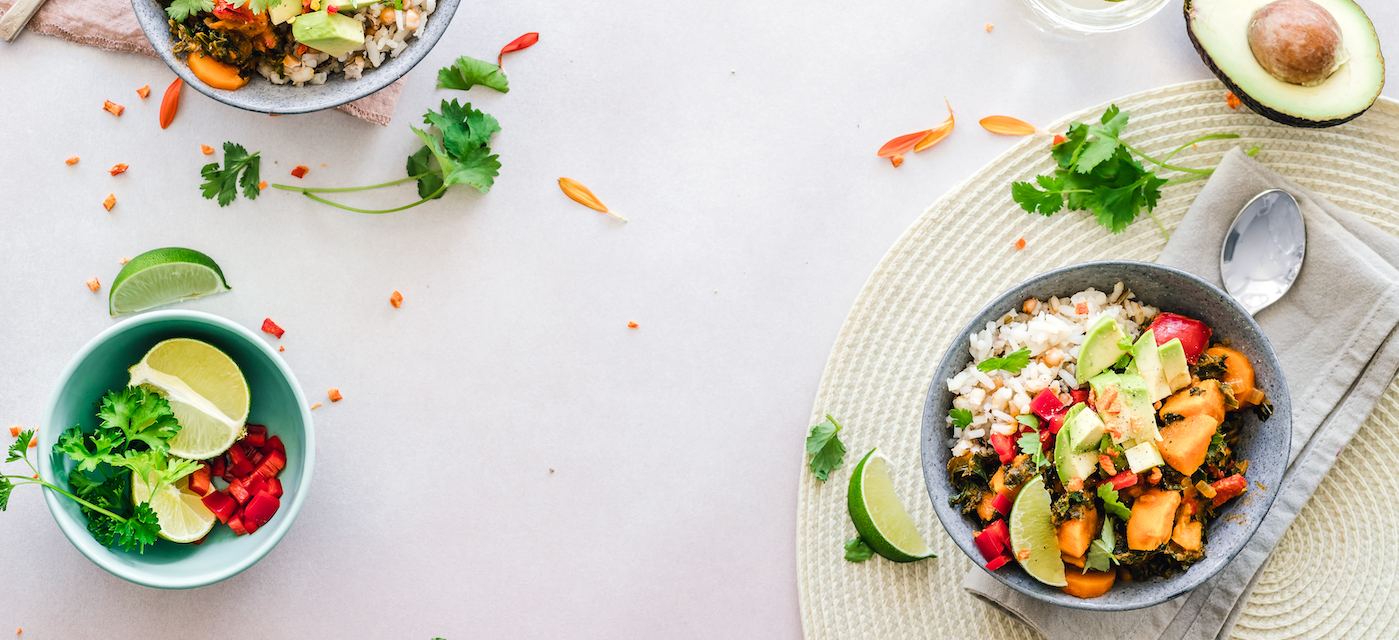
Nutrition Tips for Vegan Athletes
Proper nutrition is important for all athletes, but vegan athletes in particular need to be mindful about their diets. If you’re vegan and an athlete, here are some important nutrition tips to keep in mind.
Understand Protein
The question that vegans hear most often is, “How do vegans get protein?” There is a perception that there is no way for you to get enough protein in a plant-based diet. In reality, the amount of protein you actually need on a daily basis is much less than people realize, and there is an abundance of plant protein sources that can meet your needs. The key is to be intentional with what you’re eating. Many make a point to include a protein source, carb, and fat in every meal for balance. Green leafy vegetables have a good amount of protein, so including a couple of those in your meals helps. In addition, soy products like tofu, tempeh, and edamame are great vegetarian protein sources, as well as beans, lentils, spirulina, and hemp.
Embrace Carbs
Carbs have gotten a lot of hate in the media recently, but carbs are an essential part of any diet, particularly for athletes. Carbs are fuel for training and recovery. That being said, it’s easy for a vegan diet to be too carb-heavy, so make sure the carbs you’re getting really count. You want the majority of the carbohydrates you eat to be complex, meaning this isn’t an excuse to gorge on some vegan donuts. Good carbohydrate sources include sweet potatoes, oats, quinoa, lentils, beans, and fruits like bananas, oranges, and figs.
Fuel Your Body

Every athlete needs to make sure they’re getting enough food to fuel their body, but vegan athletes need to be particularly attentive. When you’re training, you’re burning hundreds of calories, and many plant-based foods are low-calorie. This means that in addition to the fruits and vegetables you’re eating, make sure to include nutrient-dense, calorie-dense foods as well, such as nuts, seeds, grains, and legumes.
Always Be Prepared
The key to a successful plant-based diet is being prepared. One habit that can help you with this is meal prep. Taking a few hours every week to prep your meals can make a big difference because it means you don’t have to rely on whatever food is made available to you to meet your nutritional needs. At a loss for what to prep? Try buddha bowls! All you need is a complex carb, a protein source, and a bunch of veggies to make a tasty and simple meal you can bring to work. Try this: roast a sweet potato and some chickpeas in paprika, cumin, salt, and pepper. Add your favorite green leafy vegetable, such as kale or spinach, and another other veggies you love (bell peppers or zucchini are particularly good). When you’re ready to chow down, top your bowl with an avocado (and some hot sauce if you’re feeling spicy).



Leave a comment
This site is protected by hCaptcha and the hCaptcha Privacy Policy and Terms of Service apply.